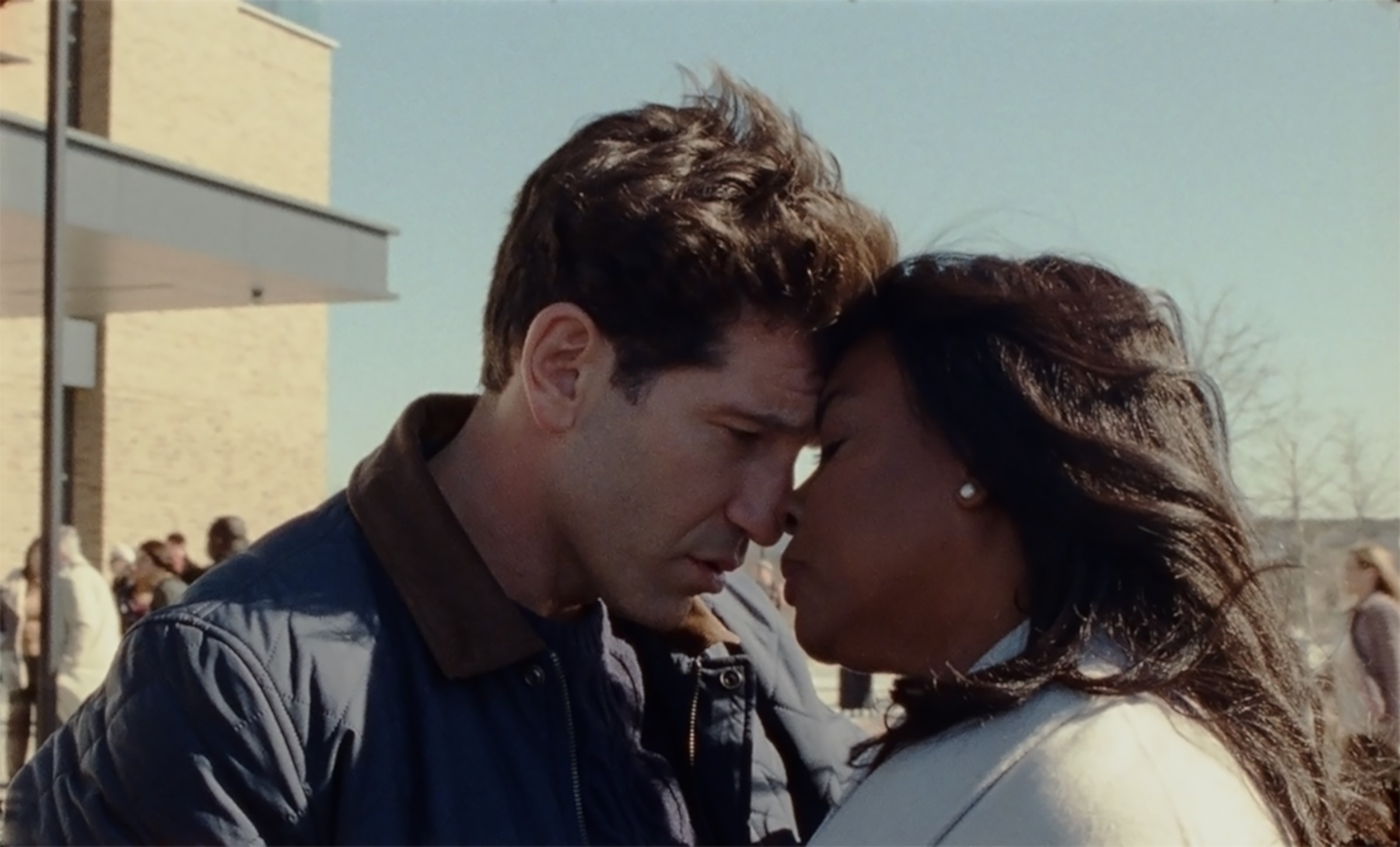
“Bono: Stories of Surrender” – a rock legend gets intimate (and actually kinda wins you over)
A rock music icon has teamed up with Apple Original Films to produce the compelling documentary “Bono: Songs of Surrender.


Multiple awarding film auteur Ava DuVernay reunites with Aunjanue Ellis-Taylor for the harrowing biographical drama Origin from Neon film. DuVernay also pens the film’s screenplay, which adapts Isabel Wilkerson’s book Caste: The Origins of Our Discontents. Isabel Wilkerson (Ellis-Taylor) has just become the first African American woman to win the Pulitzer Prize in journalism, and fans are clamoring for another book following the success of her first novel, The Warmth of Other Suns: The Epic Story of America’s Great Migration.
Isabel is deeply in love with her husband, Brett (Jon Bernthal), and shares an unbreakable bond with her sister/cousin, Marion (Nicey Nash-Betts). When Trayvon Martin (Myles Frost) is tragically murdered, Isabel’s editor, Amari (Blair Underwood), asks her to write about the case. Initially hesitant, Isabel changes her heart after experiencing a personal loss. She decides to investigate the global phenomenon of caste and its dark influence on society, ultimately discovering the beauty of human resilience.
DuVernay begins her fifth film by recreating the tragedy of Trayvon Martin. One of the first things I must commend the director on is her decision to cast an unknown to the masses in the role, as it puts us in the mindset of that fateful night and will surely bring questions back to the forefront. DuVernay’s creative choice to begin the film this way will raise some controversy, but in hindsight, the filmmaker is subtly creating a domino effect of what’s come in the movie.
Aunjanue Ellis-Taylor’s portrayal of the protagonist in the film is nothing short of exceptional. Right from the moment she appears on screen, it becomes apparent that she is a talented actress and a strong contender for the Oscars. Her performance is nothing less than a tour de force as she expertly navigates through various emotions, including grief, confusion, and anger. One scene stands out as a testament to her acting prowess. In this scene, a German friend tries to explain slavery to a melanin woman, and Taylor’s character reacts with a mix of disbelief. Her eyes convey a depth of emotion that is truly remarkable, and her calm demeanor in the face of such a complex topic is remarkable.
Another scene that showcases Taylor’s acting skills is when she has a run-in with a Trump supporter. In this scene, her character doesn’t go off the deep end or stand up for what she believes in. Instead, she finds a common ground and Taylor does an excellent job conveying her character’s confidence and conviction. Taylor’s performance in the film is nothing less than remarkable. She brings depth and nuance to her role, which is rarely seen in Hollywood, and her ability to convey emotion through her eyes and calm demeanor is truly impressive. It is no wonder that many are calling this her career-best performance.
If you’re familiar with Ms. DuVernay’s work, you already know how her films always look. The director chose to shoot this film in 16MM, and the lush look she gives the film in collaboration with cinematographer Matthew J. Lloyd is astounding. The supporting cast in the film all bring their A-Game as well. Comedian Nicey Nash, who has found a knack for dramatic work, continues to do so here, while Jon Bernthal tones down his alpha male bravado and has organic romantic scenes with Taylor that make us believe they are a real-life couple.
In studying the source material for the film, I can’t help but wonder why DuVernay didn’t go the documentary route with Aunjanue Ellis-Taylor narrating. However, when the credits did roll, I was moved by the film. I hope the studio gives its director and star the right push this awards season.
Final Grade: A
Origin is in limited release now and will expand out on January 19th.


A rock music icon has teamed up with Apple Original Films to produce the compelling documentary “Bono: Songs of Surrender.

After being fired in disgrace and still dealing with a messy divorce from his wife Mel (Amanda Peet), who cheated on him with his former best friend Nick Brandes (Mark Tallman), hedge fund manager Andrew Cooper (Hamm) resorts to stealing from his neighbors’ homes in the affluent Westmont Village, only to discover that the secrets hidden behind the wealthy facades might be more dangerous.

Seth Rogen continues his successful relationship with Apple TV in his latest comedic series, “The Studio.” Rogen and his longtime collaborator, Evan Goldberg, direct all ten episodes and write three. Peter Huyck, Alex Gregory, and Frida Perez write the remaining episodes.